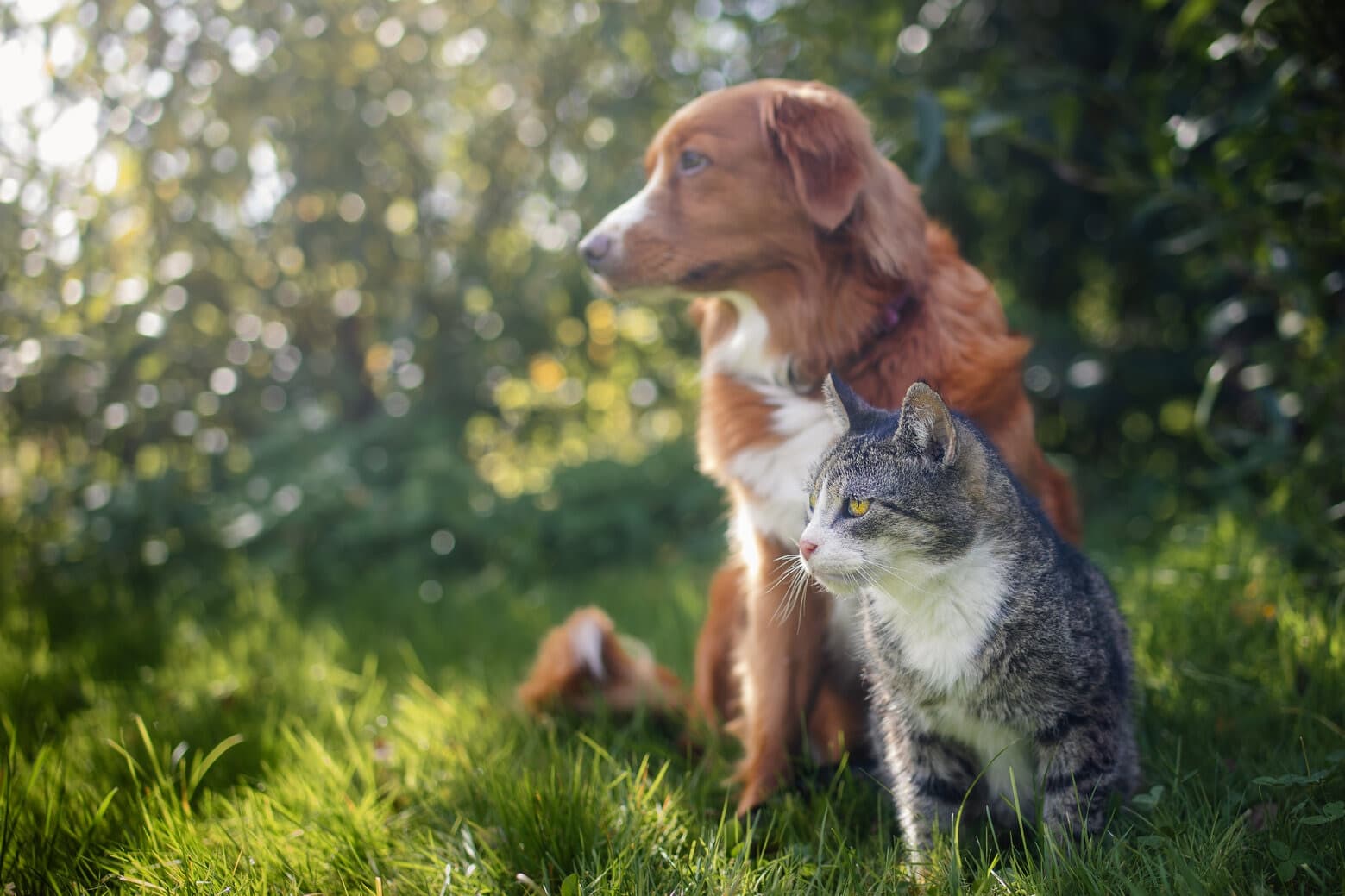- Authors

- Author
- Author
- Name
- Zuzana Slobodova
- Published on
Paw-sitive Steps: Your Guide to Eco-Friendly Pet Care

Hey there, pet lovers! As we strive to make greener choices in our daily lives, why not extend that same care to our furry (or feathered) friends? Adopting eco-friendly pet care practices not only benefits the environment but often leads to a healthier lifestyle for our pets. Let's explore some simple yet effective ways you can make pet care more sustainable, starting today!
Sustainable Pet Food Choices
Choosing the right food for your pet is crucial, not just for their health but for the planet too:
Go for Sustainable Brands: Look for pet food brands that use responsibly sourced ingredients and sustainable practices. Check for certifications like Marine Stewardship Council (MSC), Global Animal Partnership (GAP), Certified Humane, and other labels indicating organic or free-range.
Consider Plant-based or Insect-based Options: If appropriate for your pet, consider incorporating some plant-based or insect-based products into their diet. These options have a lower environmental footprint than traditional meat-based foods.
Eco-Friendly Pet Products
From toys to bedding, making eco-conscious choices can significantly reduce your environmental pawprint:
Choose Natural and Recyclable Materials: Opt for pet toys and accessories made from natural, biodegradable, or recyclable materials. Hemp, bamboo, and recycled plastics are great choices.
DIY Pet Toys: Get creative and make your own pet toys from upcycled household items. An old t-shirt can be turned into a tug toy; empty cardboard boxes can be a cat’s castle.
Waste Management
Handling pet waste in an eco-friendly way is a major part of green pet care:
Biodegradable Poop Bags: Use biodegradable bags instead of plastic ones to pick up your dog’s waste. For cat owners, consider eco-friendly litter options like those made from recycled paper, wood, or even wheat.
Composting: Compost pet waste safely using a pet waste composter, which can turn it into usable compost for non-edible plants.
Natural Pet Grooming
Reduce the chemical footprint your pet leaves behind:
Use Natural Grooming Products: Choose shampoos and grooming products made with natural, biodegradable ingredients to avoid washing chemicals into waterways.
Regular Maintenance: Keep your pet’s coat well-groomed to reduce the need for frequent baths. Regular brushing removes dirt and spreads natural oils through their fur.
Adopt, Don’t Shop
Support Local Shelters: Adopting a pet from a shelter not only saves a life but also supports your local community. It’s a direct way to combat the overpopulation and high environmental costs associated with breeding facilities.
Summary
Being a pet owner brings immense joy and companionship, and incorporating these eco-friendly practices can make this journey even more rewarding. By making thoughtful choices about how we care for our pets, we can significantly reduce our environmental impact and ensure our beloved animals lead healthy, happy lives.